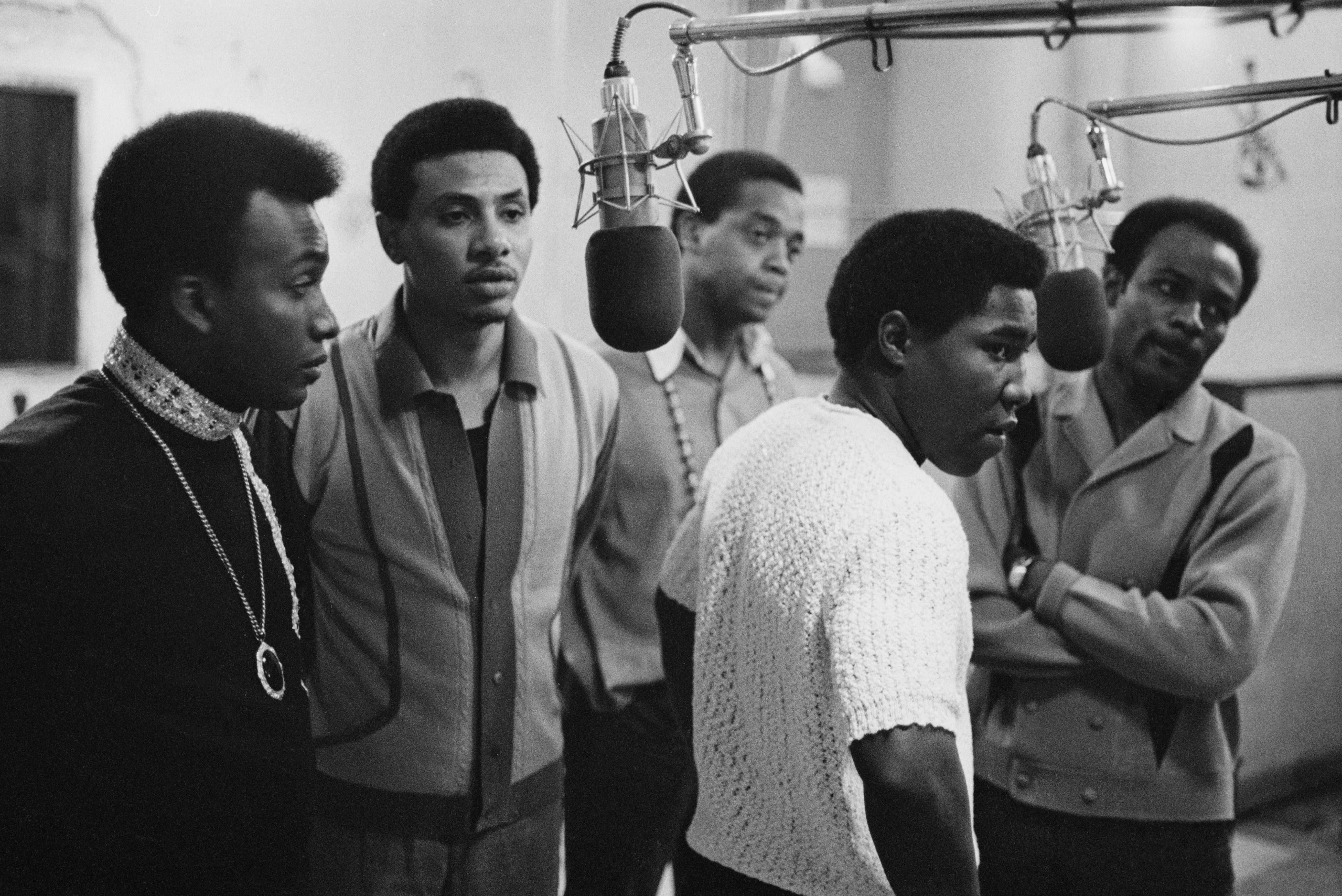Story of the song: Back Stabbers by The O’Jays
From The Independent archive: Robert Webb looks at the group’s 1970s soul music milestone

A piano roll from Leon Huff like a rumble of conspiratorial gossip introduces soul music’s most paranoid of hit singles and Philadelphia’s big soul/pop breakthrough. Heavy on strings and melody, Kenny Gamble and Huff’s smooth Philly sound was founded on the harmony groups and gospel singers who hung out at storefronts, churches and street corners in the city of brotherly love in the Fifties and Sixties. In late 1971 The O’Jays were poised to put Philadelphia on the musical map.
The vocal act, originally from Cleveland, had just downsized to a three-piece, and a deal with Chess Records was filed in the out tray. “We decided to carry on as a trio,” recalled The O’Jays’ baritone Walter Williams. “We got offers from Invictus and Motown. But we figured those people make all the groups sound alike and we wanted our own sound.”
The threesome signed with Gamble and Huff’s Philadelphia International. Their first recording was “Back Stabbers”, penned by Huff, together with house writers Gene McFadden and John Whitehead, and beautifully arranged by Thom Bell. A gentle jazz-lounge guitar from Norman Harris tops the piano intro, and gradually the percussion, strings and horns slide in, stuttering to a halt with the question: “What they do?”
The lyrics are from the dark end of the street, swollen with treachery and menace. After the opening rhetoric comes the warning. “A few of your buddies, they sure look shady / Blades are long, clenched tight in their fist / Aimin’ straight at your back / And I don’t think they’ll miss.” It all suited perfectly The O’Jays’ gruff emotion. “Gamble and Huff knew exactly how to put us across,” commented lead singer Eddie Levert. “We couldn’t believe how good the musicians were.”
With frilly shirt and velvet lapels concealing points of steel, “Back Stabbers” was instantly recognised as a milestone in soul on its 1972 release. “There we were with a chart topper,” said Levert. “Suddenly we were big stars.” It established Philadelphia International as a Top 20 fixture throughout the Seventies, carving out a niche for the likes of Teddy Pendergrass and Billy Paul, and was followed up by The O’Jays’ somewhat less conspiratorial “Love Train”.



Join our commenting forum
Join thought-provoking conversations, follow other Independent readers and see their replies
Comments